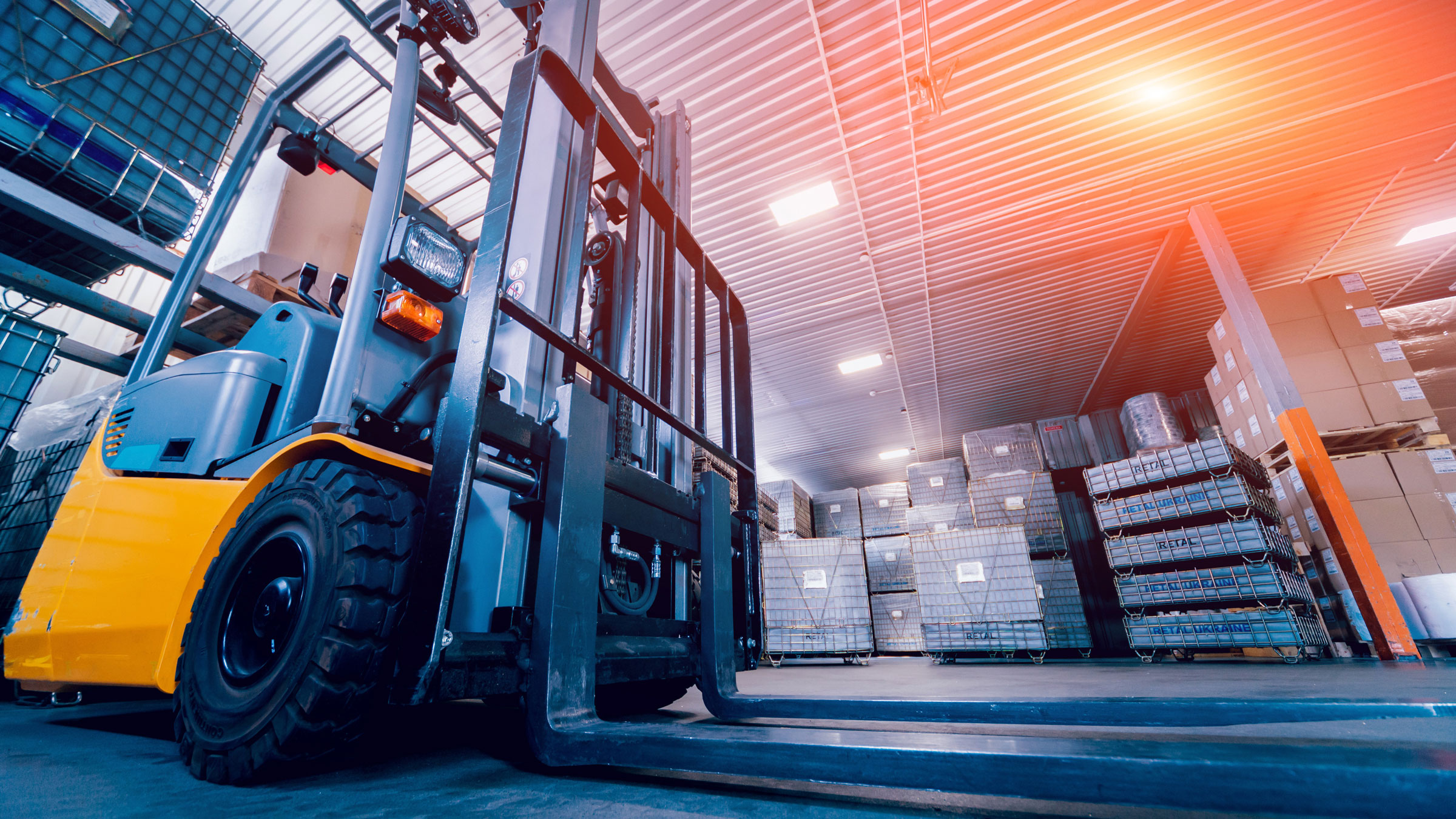Leading U.S. remanufacturer continues work with GIS to grow circular economy for office furniture
Davies Office currently estimates that 25–50 percent of their inventory originates from secondary sources, mainly as salvaged furniture. By working with GIS, the company hopes to increase that number to nearly 75 percent through better inventory controls and product forecasting.
Office furniture remanufacturer Davies Office Inc. will work with RIT’s Golisano Institute for Sustainability to assess and improve its inventory management processes. The assessment is expected to lead to reduced transportation and material handling costs, better manufacturing lead times, and less greenhouse gas emissions for the company based in Albany, New York.
“We are excited to be working with RIT again and expect to learn a lot about what’s relevant in the marketplace for inventory management systems and how they may provide value in addressing the unique sustainability challenges we and our customers face,” said Sean Davies, operations administrator at Davies Office.
Davies Office currently estimates that 25–50 percent of their inventory originates from secondary sources, mainly as salvaged furniture. Gerry Hurley, the project’s lead at GIS, hopes to increase that number to nearly 75 percent through better inventory controls and product forecasting.
Hurley and a team of GIS researchers will evaluate the whole of Davies Office’s business process—from the collection of secondary, end-of-life materials to distribution of finished goods—to find opportunities for more streamlined operations. For example, they will consider how alternatives to the company’s current centralized sorting and recycling strategy could realize cost and emission reductions. The team will also conduct a market survey of commercially available software platforms for warehouse and inventory management to expand upon the performance and flexibility of the company’s existing system.
“The assessment is an opportunity for GIS to support a long-time collaborator,” said Hurley. “Our goal is to help them address several key sustainability, business efficiency, and digital manufacturing challenges head on.”
In 2015, GIS’s Center of Excellence in Advanced and Sustainable Manufacturing (COE-ASM) performed a life cycle assessment (LCA) to verify the business and sustainability benefits of the company’s remanufacturing program. The LCA showed that Davies Office consumed 82 percent less energy through remanufacturing than a company making the same workspace products new. The analysis also showed that remanufacturing achieves an additional 23-percent reduction in energy demand when a product is remanufactured a second time. The data suggested that remanufacturing a product multiple times continues to lower its total energy use, which, ultimately, lowers greenhouse gas emissions while keeping waste out of landfills.
Davies Office was founded in 1948 as a small, family-owned business. Since then, it has grown to specialize in asset recovery and redeployment of high-performance workspace solutions. The company is increasingly focused on green office solutions, driven largely through its remanufacturing program. It serves companies throughout the U.S. and Canada, including Colgate-Palmolive Company and Fedex Corporation.
Hurley’s team includes GIS staff engineers Al Luccitti, Jim Meyer, and Scott Nichols. The project’s estimated time frame is 8-11 months.



